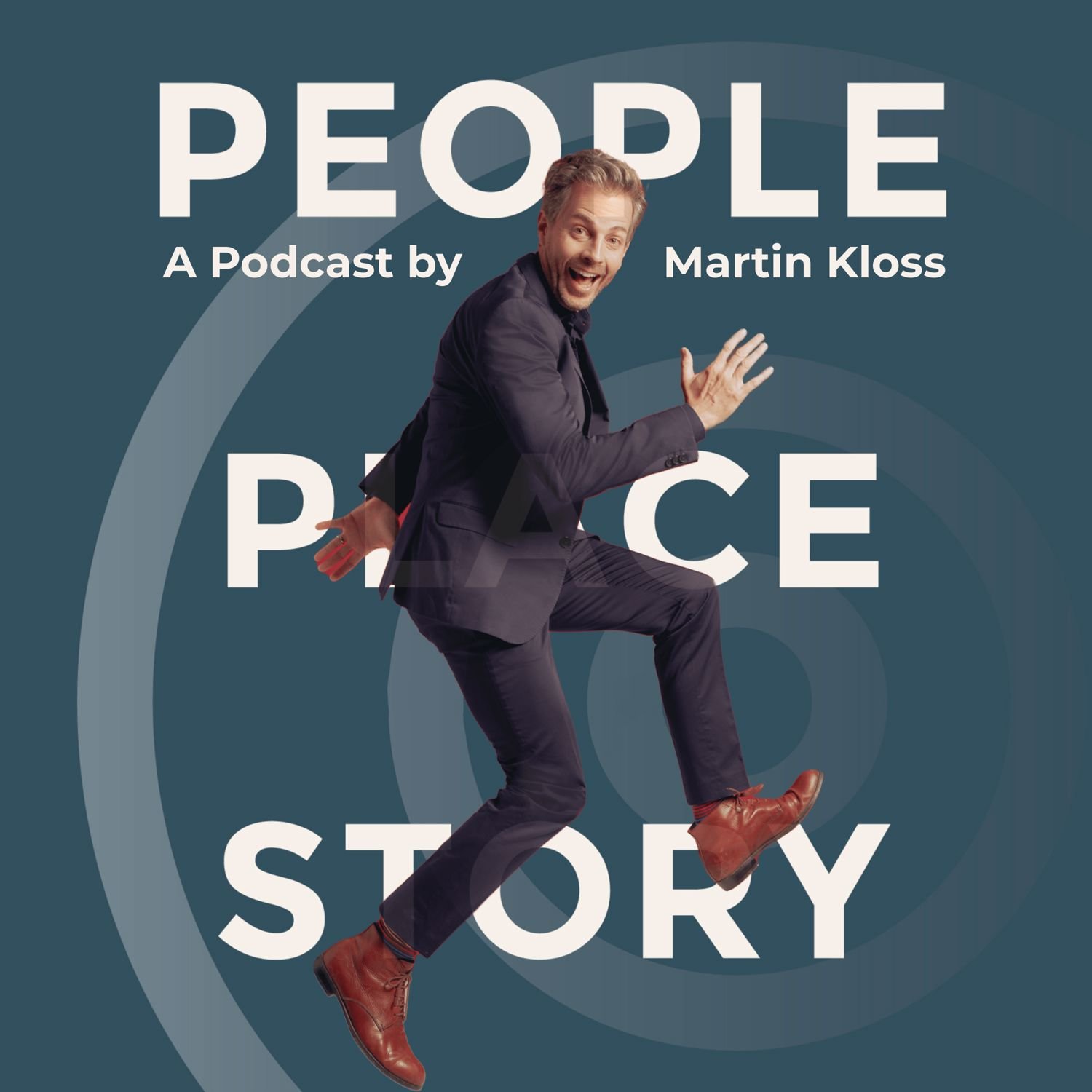In this episode of People Play Story, we delve into the art of authentic communication. Host Martin Kloss, a professional story coach and speaker trainer, explores how impactful communication begins long before stepping onto a stage. It's about aligning your core self with how you're perceived, focusing on who you are rather than just what you say.
Martin introduces his framework of values, role, and attitude—"Werta, Rolle, Haltung" in German. He explains how deeply held values serve as an internal compass, guiding decisions and actions to ensure authenticity in communication. Through examples, such as individuals reconnecting with their core values over time, Martin illustrates how values become foundational to genuine expression.
The discussion then shifts to the concept of "role," highlighting the different hats we wear in various situations. Martin uses public figures like Angela Merkel and Donald Trump to demonstrate how values influence the embodiment of roles, impacting authenticity.
Finally, the episode explores "Haltung" or attitude, emphasizing the importance of aligning internal states with external expressions. Martin shares practical tips for embodying authentic communication, such as clarifying values, mapping roles, and visualizing the desired attitude.
Listeners are encouraged to bring intentionality and authenticity to all interactions, whether in professional settings or personal conversations. By aligning values, roles, and attitudes, communicators can connect on a deeper level and inspire change. Martin concludes with a call to action for listeners to reflect on their own communication alignment and embrace their true selves.

People Place Story - How to Communicate with Impact
People Place Story is a podcast for anyone who wants to master the art of storytelling and communicate with impact. Hosted by Martin Kloss, a professional story coach and speaker trainer with nearly 30 years of experience on global stages, this podcast breaks down the powerful techniques behind effective communication. Here’s the twist: while the insights come from Martin’s book People Place Story—currently available only in German—the conversations you’ll hear are entirely generated by AI. Using Google’s NotebookLM, the podcast reimagines key chapters of Martin’s book, bringing his knowledge and experience to life in a unique and engaging way. With a friendly, approachable tone, People Place Story offers thoughtful perspectives for anyone looking to improve their communication, whether on the big stage or in everyday conversations. Whether you’re a seasoned speaker or simply curious about the power of storytelling, this podcast will help you rethink how you express yourself. Tune in and explore the fascinating intersection of storytelling, communication, and AI!
Listen in your favorite app:
Fountain